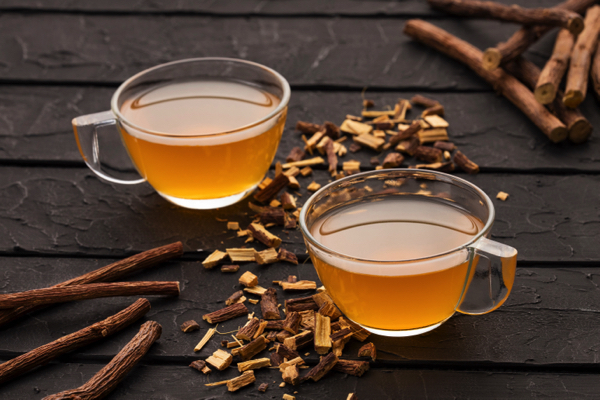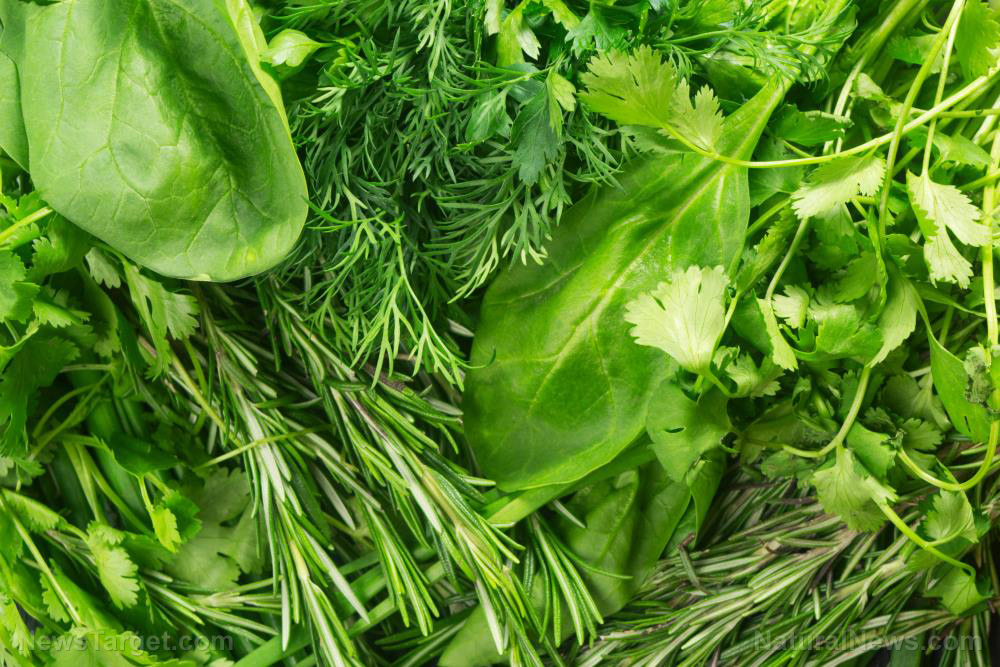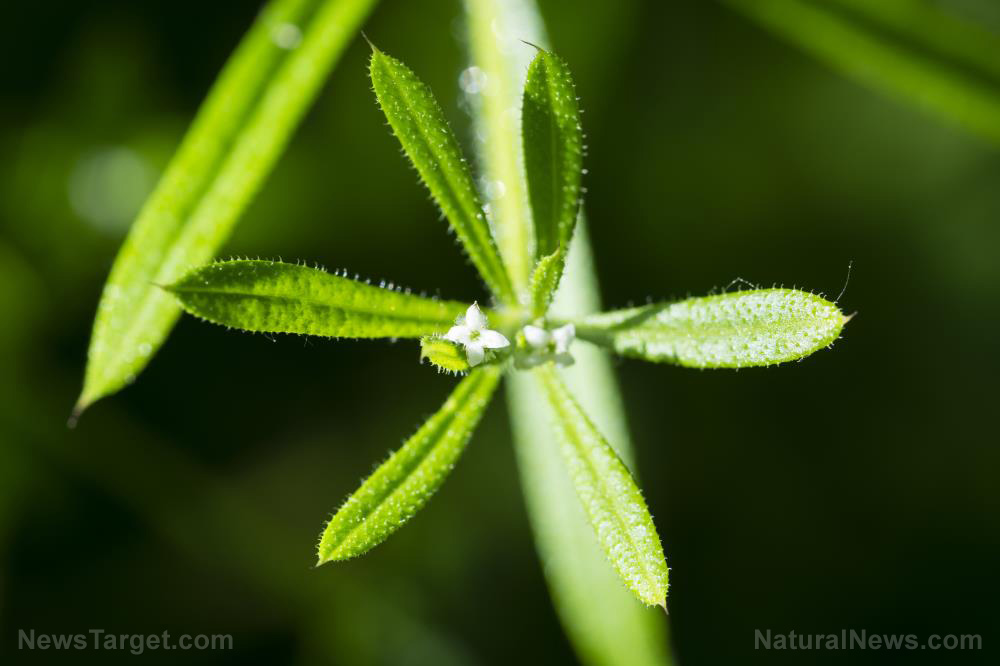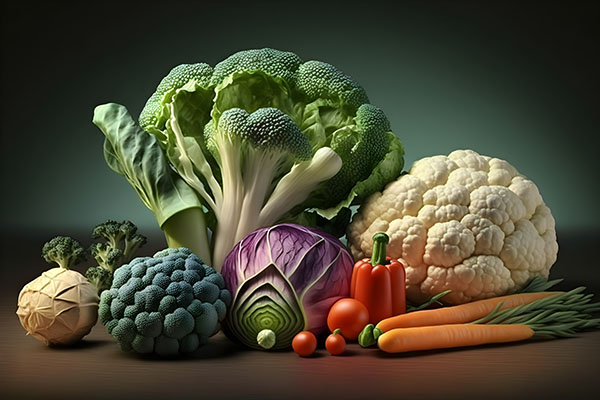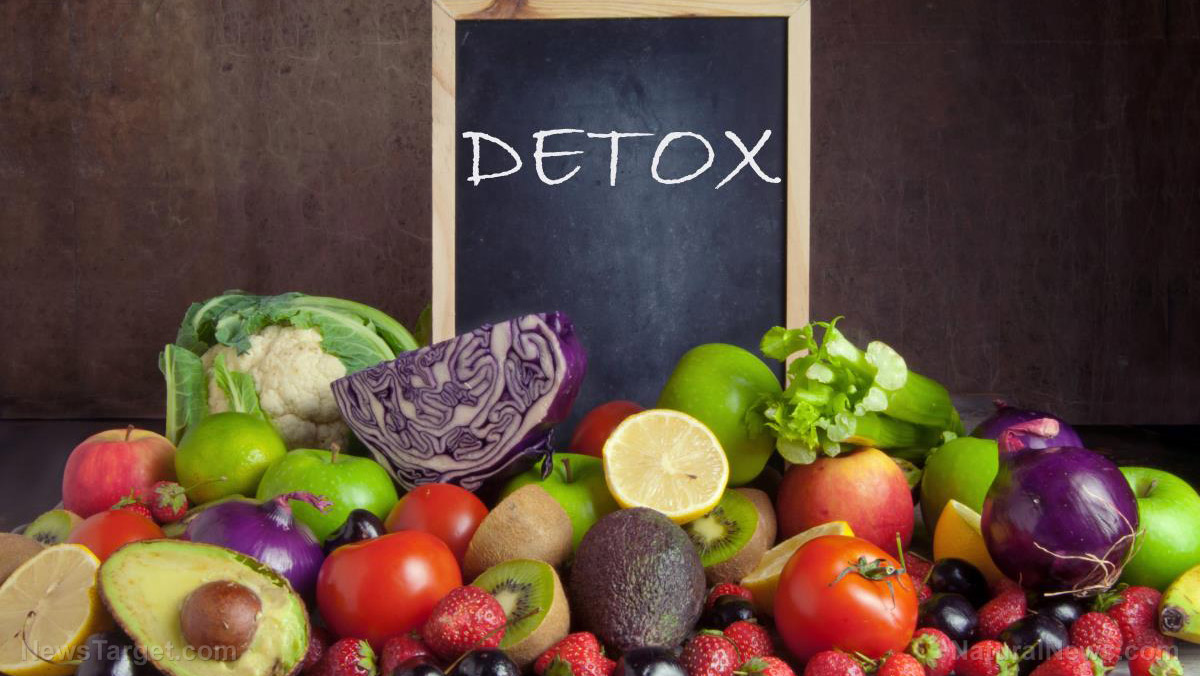Study finds moderate coffee consumption linked to healthy aging in women, with two cups daily as the “sweet spot”
06/10/2025 / By Cassie B.

- Harvard study reveals moderate coffee consumption (1.5 cups daily) may help women age disease-free, avoiding chronic illness and cognitive decline.
- Decaf coffee and tea showed no significant health benefits, possibly due to lost nutrients or lower caffeine content.
- Soda drastically reduces healthy aging chances; each daily glass lowers odds by 20-26%, unlike coffee’s protective effects.
- Researchers stress coffee isn’t a cure-all; diet, exercise, and avoiding smoking remain crucial for longevity.
- Experts warn against sugary coffee drinks, recommending black or lightly sweetened versions to maximize health benefits.
For decades, coffee has been demonized by corporate-funded nutritionists and Big Pharma-backed “experts” who falsely claim it dehydrates the body or causes heart problems. But a groundbreaking new study from Harvard researchers exposes the truth: Moderate coffee consumption may actually help women age disease-free, defying the mainstream medical establishment’s fearmongering.
Presented at the American Society for Nutrition’s annual meeting, the preliminary findings analyzed 30 years of data from over 47,000 women in the Nurses’ Health Study. The results revealed that women who aged successfully, which they defined as remaining free of chronic diseases, cognitive decline, and physical limitations by their seventies, typically consumed about 315 mg of caffeine daily during middle age. That’s roughly equivalent to 1.5 cups of coffee, with each additional cup linked to a 2-5% higher chance of healthy aging.
The study’s lead author, Sara Mahdavi, PhD, RD, a researcher at Harvard T.H. Chan School of Public Health, stated: “For those who already drink coffee, particularly caffeinated coffee, these results suggest it does not need to be viewed as a bad habit.”
Why decaf and tea fell short
Not all caffeinated beverages delivered the same benefits. Surprisingly, decaf coffee and tea showed no significant association with healthy aging in this study. Dr. Glen Finney, a neurology professor at Geisinger College of Health Sciences, speculated that the decaffeination process might strip away key nutrients. As for tea, he noted: “In the past it has shown in some studies health benefits similar to coffee so I was surprised not to see a benefit in this study.”
Mahdavi suggested that the lack of association could be due to fewer participants drinking tea or decaf, or because some may have switched to these beverages due to pre-existing health conditions. Another key factor? Coffee’s higher caffeine content (about 100 mg per cup compared to 50 mg in black tea) may play a role in its protective effects.
While coffee emerged as a longevity booster, soda was exposed as a silent killer of healthy aging. Each additional daily glass of cola was linked to a staggering 20-26% lower likelihood of aging well. Unlike coffee, which contains antioxidants and anti-inflammatory compounds, soda’s high sugar content and artificial sweeteners have been tied to obesity, cardiovascular disease, and dementia.
Coffee isn’t a magic bullet, but it’s a powerful ally
Although the findings are promising, researchers caution that coffee alone won’t guarantee a disease-free life. Mahdavi emphasized: “Other factors like better diet quality, more physical activity, and not smoking remain critical to aging well.”
Nutrition experts also warn against turning coffee into a sugar-laden dessert. Loading multiple cups with cream and sugar can add hundreds of empty calories, negating coffee’s benefits. For optimal health, black coffee or a minimally sweetened version is ideal.
The research is still preliminary, but women seeking to age with vitality should embrace moderate coffee consumption while rejecting soda and other processed drinks. In a world where corporations push harmful additives and government dietary guidelines often serve agribusiness interests, this study is a reminder that natural and safe solutions can be incredibly powerful.
Sources for this article include:
Submit a correction >>
Tagged Under:
aging, caffeine, coffee, food is medicine, food science, functional food, health science, longevity, natural health, natural medicine, Naturopathy, phytonutrients, real investigations, research, women's health
This article may contain statements that reflect the opinion of the author
RECENT NEWS & ARTICLES
COPYRIGHT © 2017 PHYTONUTRIENTS NEWS







